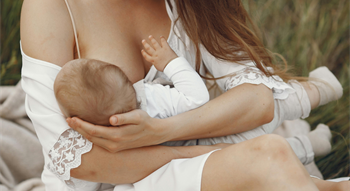
Learn about the many benefits of breast milk for you and your baby
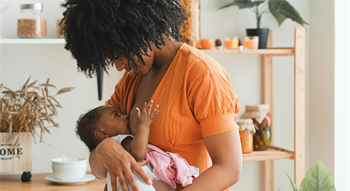
Find out more about skin to skin, responsive feeding, colostrum and expressing and storing your milk

Learn about common breastfeeding problems you may encounter and how to get help
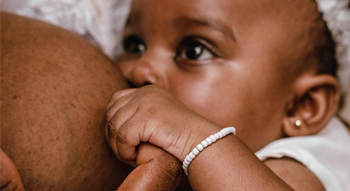
Find out about nutrition, lifestyle and vitamin supplements while breastfeeding
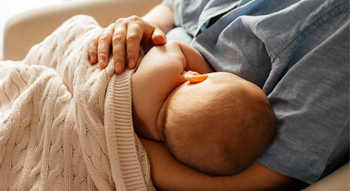
More about what to avoid when you are breastfeeding
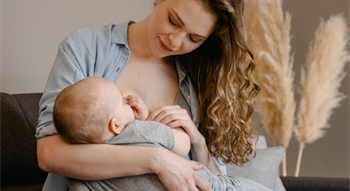
A list of breastfeeding friendly places
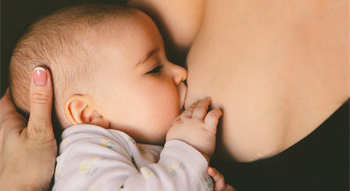
Find out more about breastfeeding help and support available to you